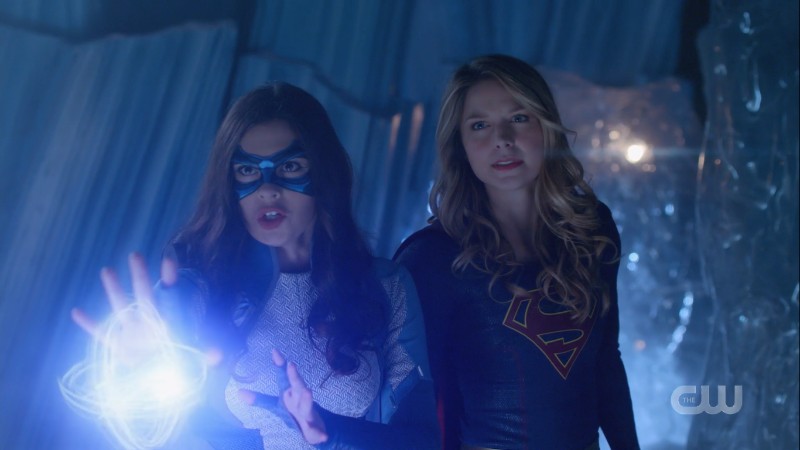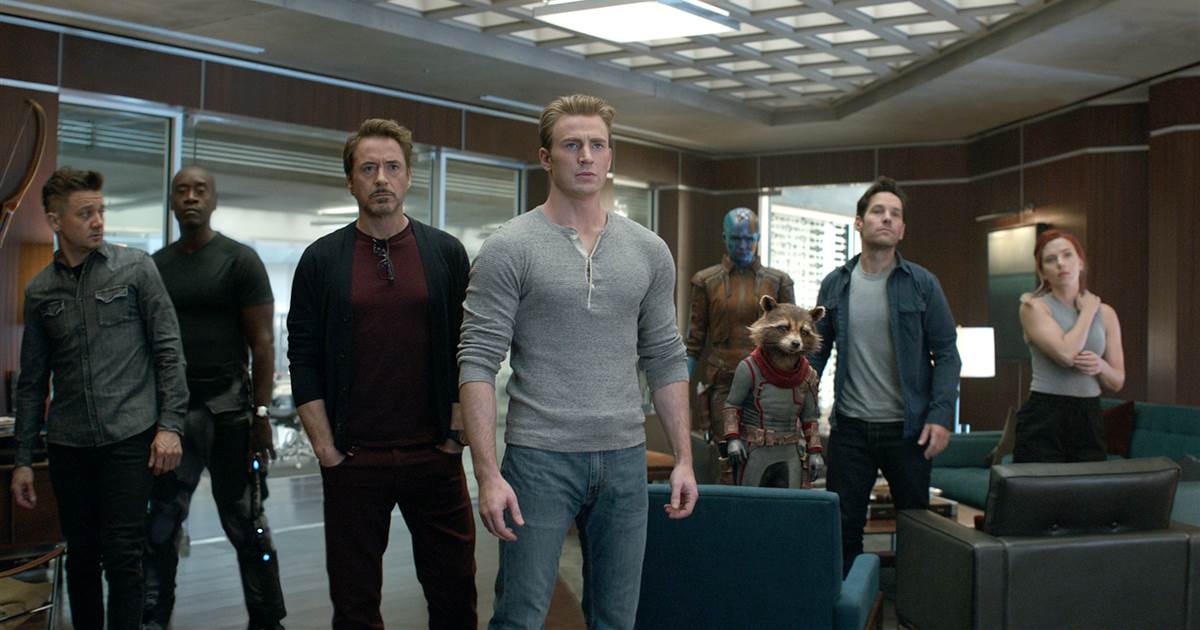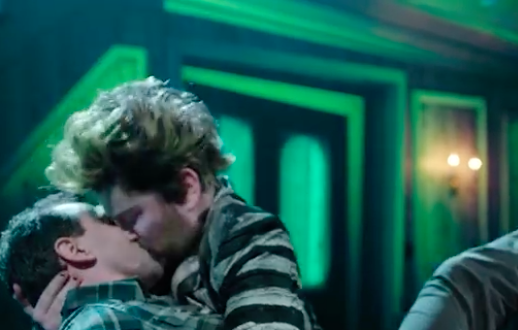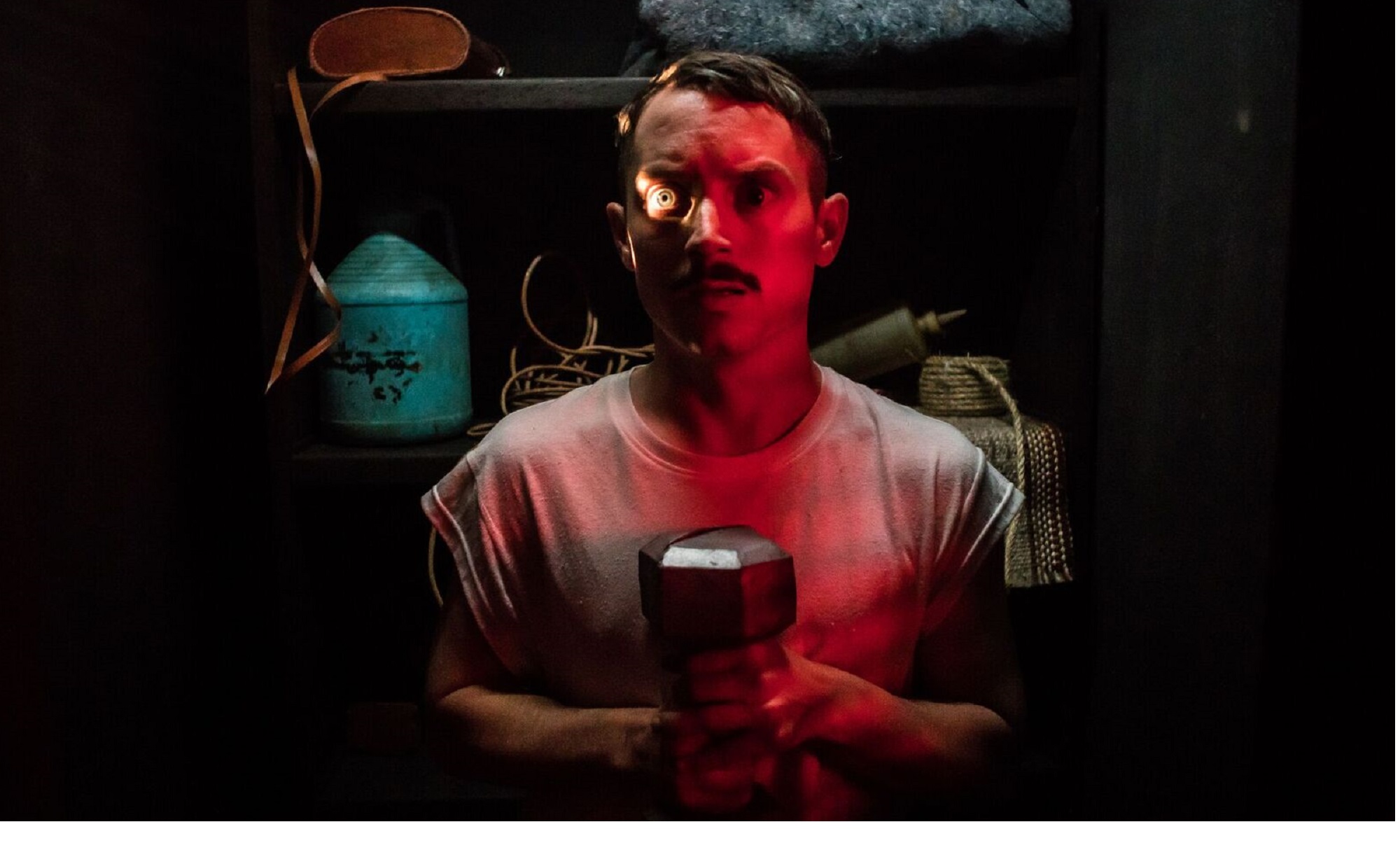
by Justin Lockwood | Apr 30, 2019 | Blog
Elizabeth Berkley as Nomi in Showgirls For camp movie fans, the existence of a documentary about the Showgirls cult is both remarkable and unsurprising. It’s unlikely subject matter in some ways, but if you saw Paul Verhoeven’s notorious 1995 flop for the first...

by Kevin Gilligan | Apr 30, 2019 | Podcast
http://geeksoutpodcast.libsyn.com/geeks-out-podcast-dream-a-little-dreamer In this week’s super-sized episode of the Geeks OUT Podcast, Kevin is joined by Rachel Greeman, as they discuss Avengers Endgame breaking box office records while introducing the first...

by Geeks OUT | Apr 26, 2019 | Blog
[***This review is ENTIRELY spoiler-free.***] Reaching the climax of anything is always a bittersweet moment. The slow, steady build-up (in this case 11 years worth) constantly stroking the fire of your interest, keeping you on the edge of satisfaction. You’re...

by Geeks OUT | Apr 26, 2019 | Blog
An interview with Tim Burton I watched at my university’s library (which had an enviable collection from different directors) hit me deep and hard, with this sentiment: It doesn’t matter how successful you become – if you have ever been an outcast, the feeling...

by Justin Lockwood | Apr 25, 2019 | Blog
The Tribeca Film Festival returns this week for its eighteenth edition. Always inclusive, this year’s fest (running now through May 5) boasts films largely directed by women (40%), people of color (29%), and/or LGBTQIA folks (13%). Here are some titles to...






